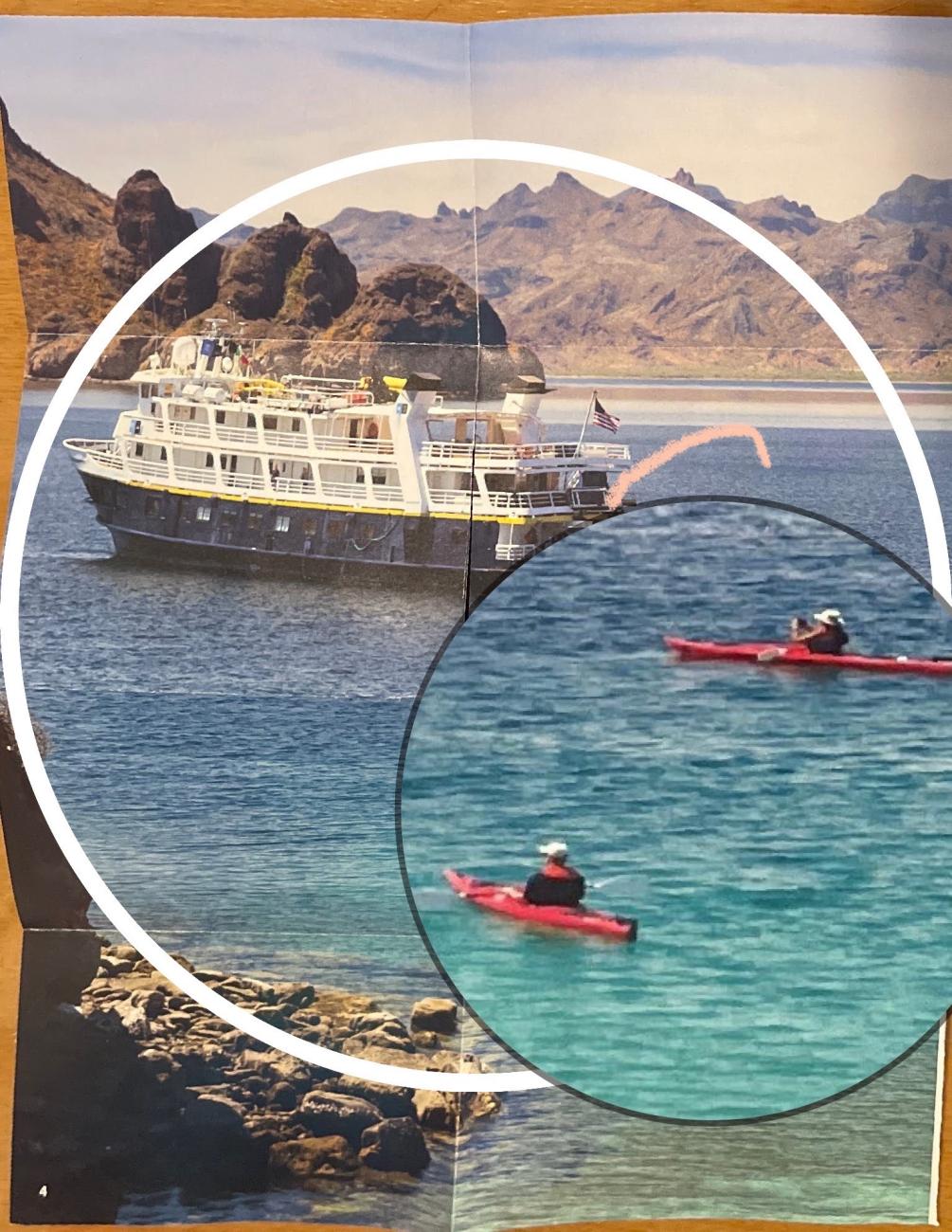
As we explore the intricacies of urban greening, it's impossible to ignore the awe-inspiring contributions of ReLeaf, an Austin-based cooperative revolutionizing the future of waste management and urban sustainability. Incorporating the spirit of psychogeography as expressed by the Situationists, ReLeaf unveils a compelling story of transformation in the urban landscape, intertwining business waste and urban greening in an exciting dance of innovation and resilience.
Like the Situationists, who challenged the monotony of urban spaces and sought to stimulate the senses through their creative interventions, ReLeaf aims to disrupt traditional notions of waste. They have tapped into the city's underutilized resources to inspire a sense of awe, creating a new map of urban sustainability that links the many "units of ambiance" within the city. Through their pioneering vertical gardens, made from upcycled business waste, they transform gray, industrial zones into green, flourishing spaces, providing a captivating experience for the urban dweller.
This connection between different zones in the city can be seen as ReLeaf’s version of the "dérive," or drift. In place of taxis or light transport, however, ReLeaf uses the flow of business waste to connect these areas, thus creating its own network of tunnels within the city. These channels not only serve as conduits for the movement of resources but also as links that bond the city in a shared commitment to sustainability.
ReLeaf’s vertical gardens, accompanied by their complete Life Story metadata, offer more than just a sustainable solution to waste management. They provide an experiential journey that challenges the conventional understanding of our surroundings, much like the Flaneur project or Randonautica mobile app. In the city's landscape, each vertical garden serves as a landmark that reshapes our perception of the city and draws us into a new narrative of urban sustainability.
Beyond mere geographic transformation, ReLeaf's mission extends to honor and compensate its contributors and member-owners. In doing so, it creates a culture of respect and collaboration, enhancing the emotional connection of individuals to their urban environment.
ReLeaf is charting a new map for urban greening that harnesses the power of business waste. Like a psychogeographic map, it breaks down the city's concrete barriers, replacing them with green tunnels of transformation that inspire a sense of awe and wonder. As we move through these spaces, we are invited to partake in an ongoing narrative of sustainability and shared responsibility. Indeed, ReLeaf offers us a fascinating glimpse into the potential future of our cities, one where waste is not an end but a new beginning.